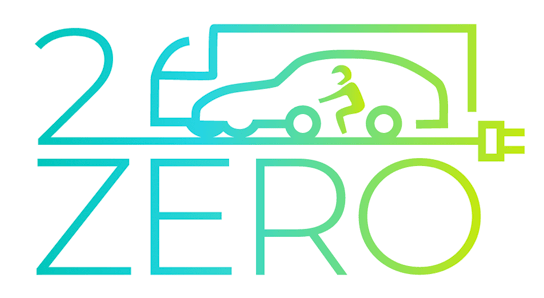iBattMan
Smart, Connected and Secure Battery Management System Enhanced by Next Generation Edge and Cloud Computing, Sensors and Interoperable Architecture

- Framework: Horizon Europe
- Type: IA
- Status: Ongoing
- Category: Electrification (FEV/PHEV)
- End Date: 30/06/2027
- Vehicles: Passenger cars
- Website: https://ibattman.eu/
In this project, leading European universities, research centers, and companies within the battery supply chain are bringing their expertise and innovations together to create the next-generation BMS platform able to overcome critical challenges limiting the performance of the existing solutions.
iBattMan will incorporate novel sensors and methodologies for monitoring the State-of-Health (SOH) of the cells during operation and in charging, together with cutting-edge technologies and tools for V2X and second-life applications, and use advanced physics- and data-based models implemented on-board and on-cloud for performance evaluation, diagnosis, health management and safety evaluation tools, to trigger actions to address safety and cyber-security concerns.
This will result in an innovative, modular and scalable BMS, for a wide range of vehicles, from small passenger cars to e-buses and electric trucks, with improved performance, connectivity, security and reliability to enhance battery performance and reduce total cost of ownership in EV applications and intelligent battery use for grid support and in 2nd life applications, based on a holistic design of an interoperable architecture and supported by a suite of advanced sensors and edge- and cloud-computational resources.
This will represent an outstanding step forward in the EU battery development roadmap and enable accelerated market adoption of smart batteries to bring to market world-leading class Li-ion technologies to improve the cost-effectiveness, circularity, and sustainability of the EU battery industry by 2030-2035. It will support the integration of more renewables on the grid based on new concepts such as Smart Cities and Net Zero Buildings to benefit EV car manufacturers and complementary markets like urban mobility, 2nd life application for stationary storage, batteries, and battery recycling.
